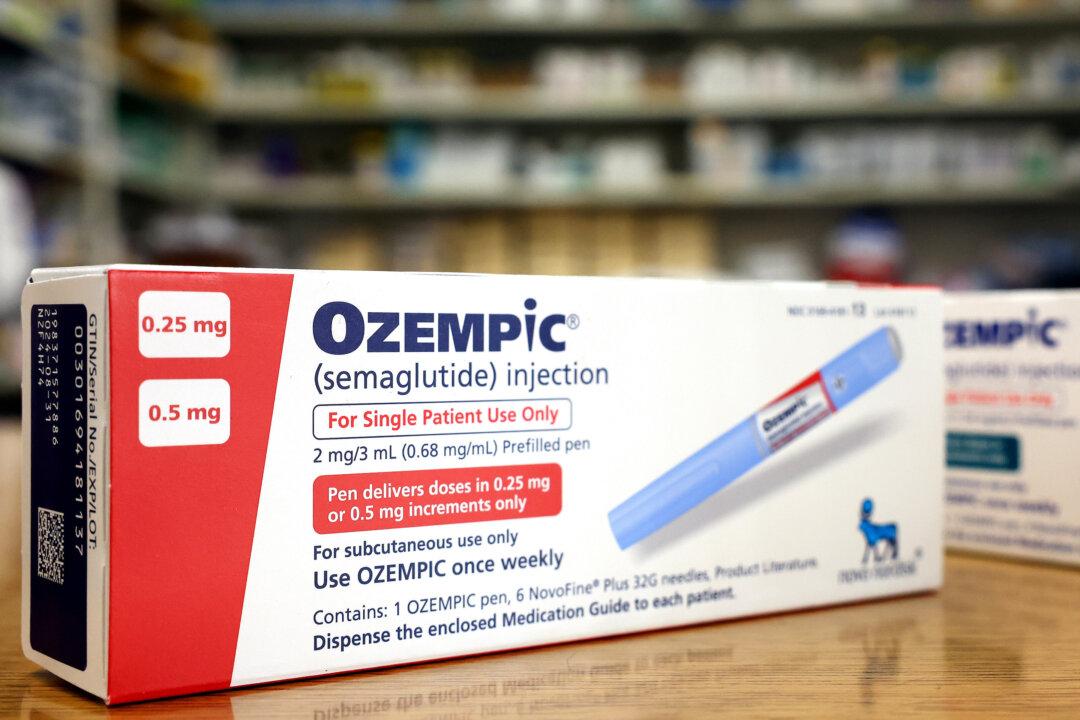The family of a man who committed suicide after taking the weight loss drug Ozempic is blaming the medication for the tragedy.
Mr. Anthony, whose full name is not used due to privacy concerns, became uncharacteristically quiet around the time he began taking Ozempic in February to manage Type 2 diabetes, his sister Merlene Hall said in an interview with NBC. According to the family, Mr. Anthony seemed fatigued by early May, with his sullen mood getting worse.





